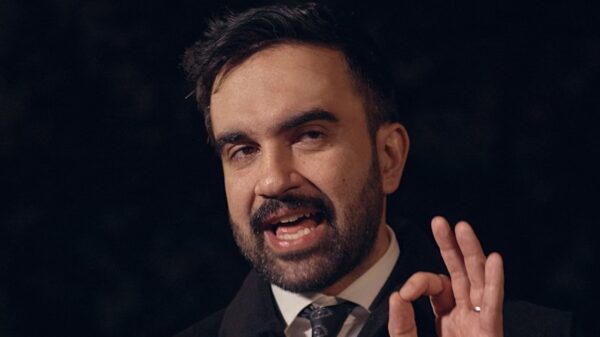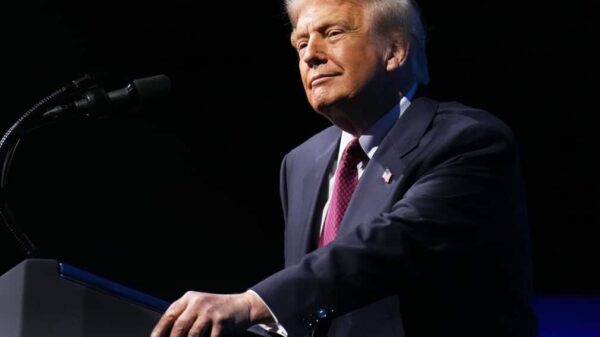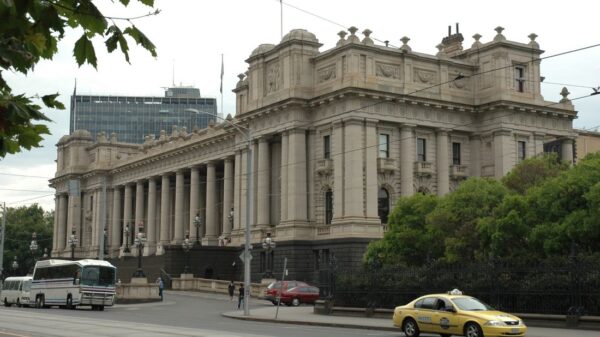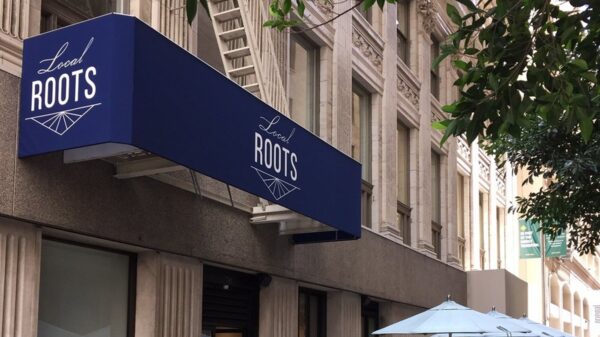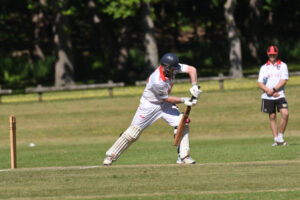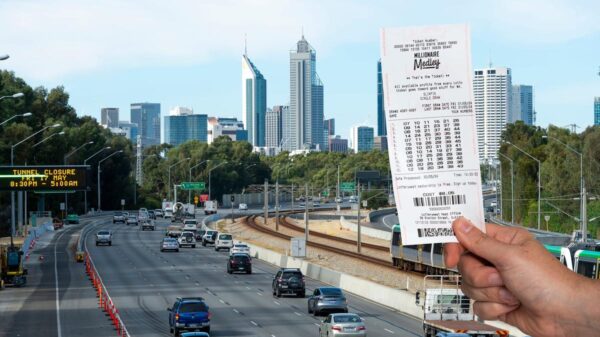A new protest song titled Karrinjala Muajarri Mi, meaning “ceasefire,” emerges from the remote Australian community of Yuendumu, created by Warlpiri elder Ned Jampijinpa Hargraves and his grandson, rapper Tommy Gunn Hargraves. This collaboration seeks to address pressing issues within Aboriginal communities and is set for release in August 2023.
The song’s poignant message reflects the deep impact of violence and systemic injustice faced by Indigenous peoples. Mr. Hargraves has long been an advocate against gun violence, particularly after the police shooting of Kumanjayi Walker in 2019, for which the responsible officer, Zachary Rolfe, was acquitted in 2022. During the inquest into Walker’s death, Northern Territory Coroner Elisabeth Armitage delivered her findings this month, underscoring the ongoing trauma within the community. Tragically, Mr. Hargraves’s grandson, Kumanjayi White, also died in police custody in May 2023.
Combining Musical Styles for Impact
The opening lines of Karrinjala Muajarri Mi declare, “jails are full of our children,” encapsulating Mr. Hargraves’s disappointment with the criminal justice system. Collaborating with Julien Poulson of Red Dirt Blues, Mr. Hargraves crafted this track during a songwriting workshop in Alice Springs. Despite a small turnout, Poulson described the attendees, including Mr. Hargraves, as “giants” in the music scene. The final production features a unique blend of desert rock and electronica, with contributions from Berlin artist Professor Kinski.
Mr. Hargraves emphasizes the importance of delivering the song’s message in the Warlpiri language. He believes that maintaining strong Warlpiri words and traditions connects the younger generation to their cultural roots. “The most important thing that happens today is using strong Warlpiri,” he stated, highlighting the need for cultural preservation.
A Generational Message
The track also includes a powerful rap by Tommy Gunn, whose lyrics vividly express the struggles faced by Indigenous people. Lines such as, “They killing my people, they putting my children in prison,” articulate the despair and anger surrounding systemic racism and injustice.
Tommy Gunn shared that his inspiration for the lyrics flowed naturally after receiving an early version of the song from his grandfather. “I hope this song achieves the listeners, because this song is a message, and I hope that people listen to the struggles of my people,” he said, emphasizing the importance of creating awareness through music.
The elder Hargraves hopes that the song reaches a wide audience and resonates with listeners. “It’s clear: ceasefire,” he stated, underscoring the urgency of the message. By combining their voices and experiences, both generations aim to create a significant impact on the ongoing conversation about violence and justice in Aboriginal communities.







